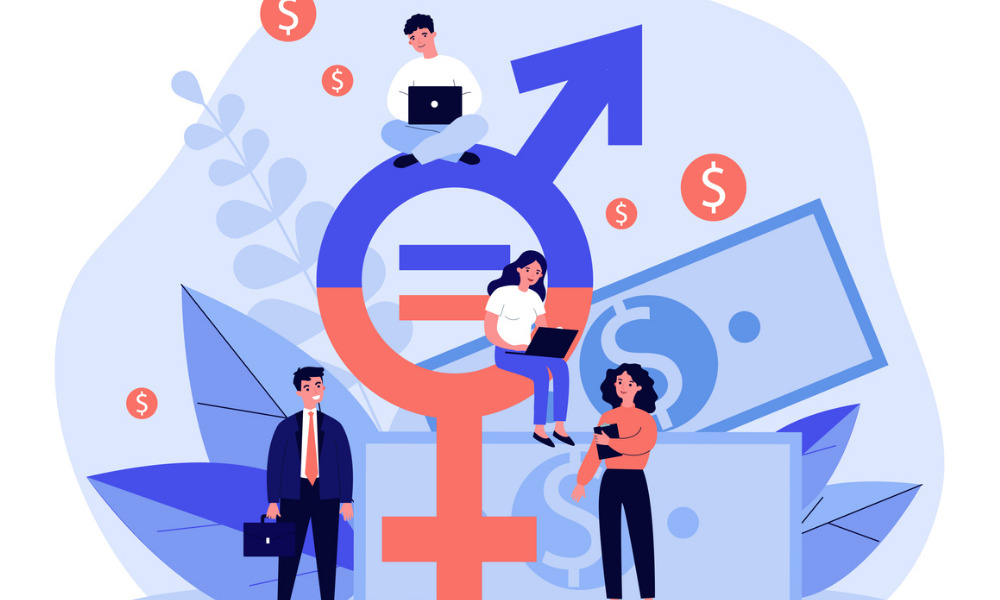
Legislation alone cannot fix the gender pay gap in Canada

British Columbia underscored its efforts to promote fair wages across workplaces as the world celebrated International Equal Pay Day on Sunday. In a statement, Parliamentary Secretary for Gender Equity Grace Lore said they’re "working towards introducing pay-transparency legislation" to address the gender pay gap faced by women and gender-diverse individuals.
"This summer, we met with a cross-section of representatives from the private and public sectors, labour unions, non-profit organisations, equity-seeking organisations, and legal advocacy groups. Indigenous leadership and representatives are also being consulted through this process," said Lore.
Read more: Equal pay for equal work: Will it cost your organization?
Acknowledging that legislation alone cannot fix the gender pay gap in Canada, the official added that they’re also promoting funds in childcare, housing, minimum wage, discriminatory wages, and investments on training.
"[We] have also been advancing investments in childcare, so no one has to choose between their career and their family, along with housing for women and children fleeing violence, raising B.C.'s minimum wage, eliminating the discriminatory liquor-server wages, investments in employment and skills training, upskilling and micro credentialing," she said.
In Canada, women earn, on average, 11% less than their male counterparts – something the province wants to rectify.
"We know this gap is not just about gender," she said. "Indigenous and Black women, women of colour, immigrant women, Two-Spirit people, non-binary and transgender people, and those with disabilities, face even greater wage gaps and inequities in opportunities for economic independence. For example, in Canada, for every dollar a man makes, Indigenous women make an average of 65 cents, racialized women make an average of 67 cents, and newcomer women make an average of 71 cents."
Lore stressed that fair pay would make families and communities stronger, as well as sustain and retain the next generation of workers.
"We know there is more to do. We also know we are not alone in our efforts. Many people in B.C., employers and organisations agree we need to keep moving forward to build a stronger B.C. for everyone," she said.
The United Nations said that the International Equal Pay Day on September 18 recognises the efforts towards the goal of "equal pay for work of equal value."
Read more: BC's employee sick leave: How many days are actually paid?
Across the world, the UN Women revealed that women earn 77 cents for every dollar their male counterparts get, with a wider wage gap for women with children. In the health and care sector, women on average are earning 24% less than their male peers, according to the UN, a larger pay gap than in other economic sectors.
The UN Women warned that with the rate of the gender pay gap now, it will take "the next 257 years" to close it.